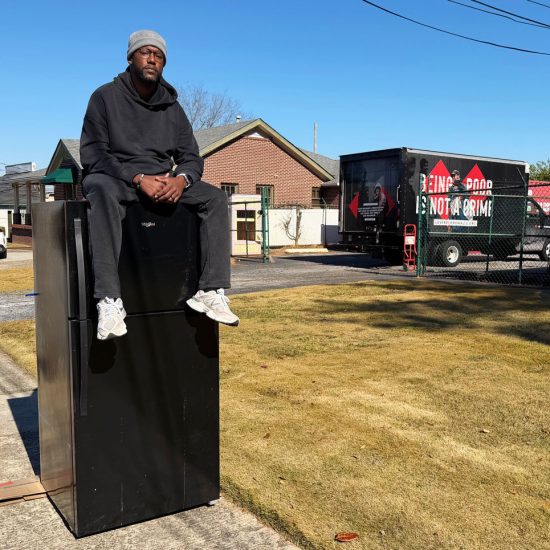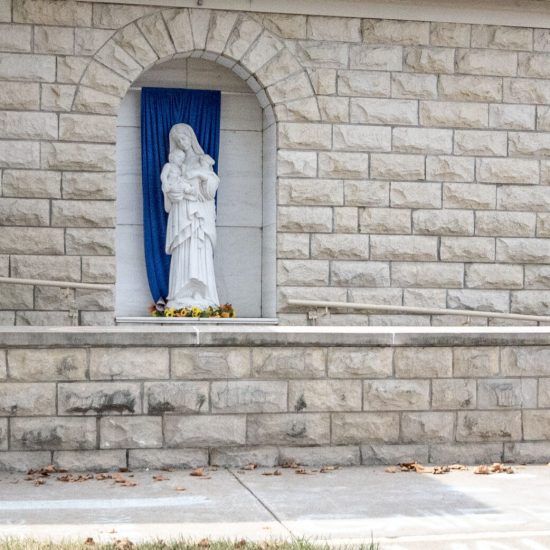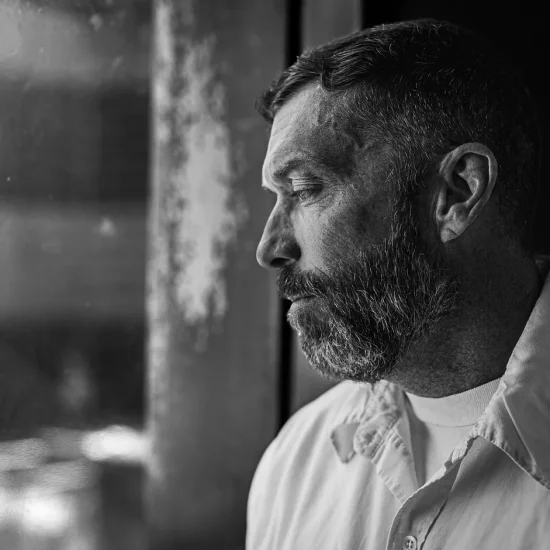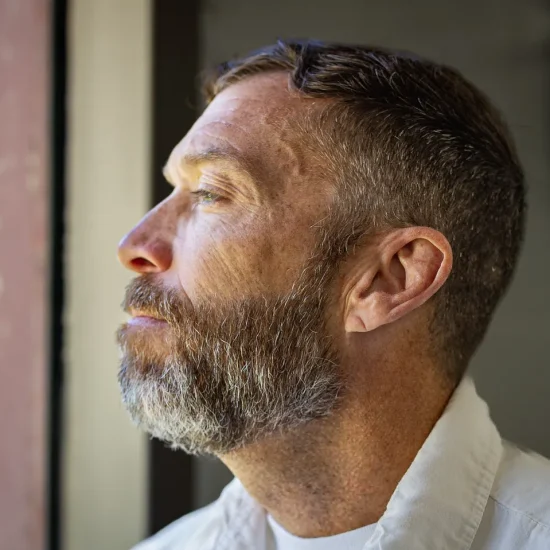COLUMBIA – A national initiative for community development may be coming to Missouri in an effort to alleviate rural poverty.
The national Cooperative Baptist Fellowship launched Together for Hope in 2001 as a long-term commitment to working with people to break the cycle of economic disparity in the 20 poorest counties in the United States. Since that time, the initiative has expanded to other areas as believers have recognized needs and built relationships.
And Missourians have been engaged with the effort almost from the beginning, particularly in South Dakota, but also at TFH sites in Kentucky, Texas, Arkansas and Alabama.
CBF of Missouri agreed to "bless" the effort of Kenny and Karen Sherin, CBF field personnel and community development advisors, to begin laying groundwork for an eventual partnership.
Karen Sherin outlined some of the steps of an initial effort to CBFMO Coordinating Council members Sept. 17 at Memorial Baptist Church, Columbia.
She noted that seven of the 36 members of the Together for Hope Coordinating Council live in Missouri, including the Sherins themselves; Mark Buhlig, the TFH council's moderator-elect); Doris Littrell, a community development specialist and co-author of Practicing Community Development; Wilson Majee, a community development specialist in Mercer County; and Chris and Dana Thompson, interm director of TFH and economic development advisors and volunteers in South Dakota.
In addition, Together for Hope-West, an arm of the network that coordinates TFH initiatives west of the Mississippi River, is based in Liberty. Buhlig facilitates work with four counties in Texas, while Mike Lassiter, associate pastor at Second Baptist Church in Liberty, does the same for three counties in South Dakota.
The Missouri plan calls for conducting asset-based community development seminars for at least one church and community over the next year and hosting listening sessions in from one to three communities where poverty persists.
The Sherins and others would model for churches how to partner in a local community to build relationships and nurture individual and community strengths. Interested churches would participate in a listening session in a particular community. Then TFH would seek partners within and outside of that community.
"The power of transformation…isn't just about helping people who have nothing…. It's reciprocal…and valuable to our own growth," Buhlig said.






